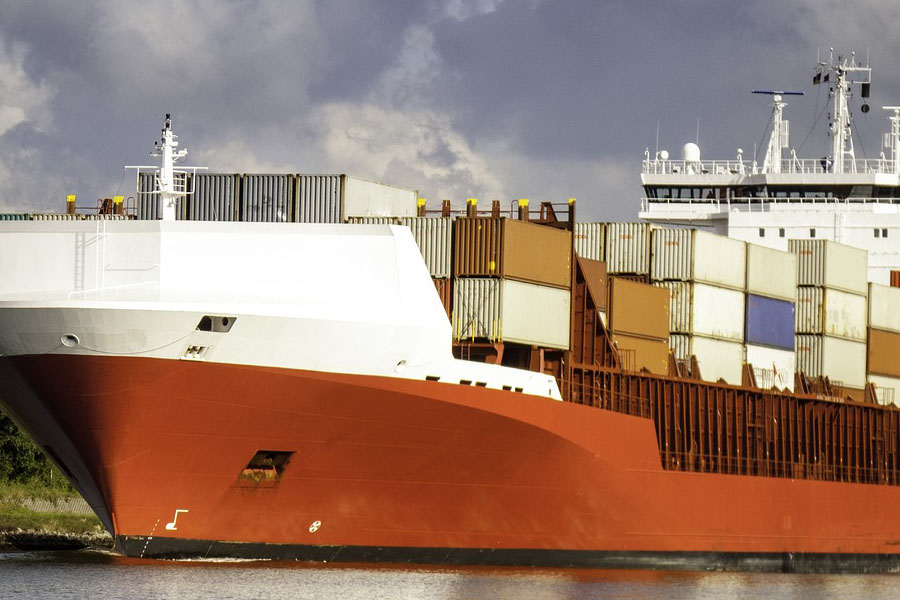
Export goodsThe tricks of exporting goods: Senior foreign trade expert teaches how to avoid pitfalls
In international trade, exporting goods seems simple but actually contains hidden complexities. As a professional with 20 years of foreign trade experience, Ive seen too many cases where overlooked details led to cargo detention, fines or even returns. Today, Ill discuss the tricks of exporting goods to help everyone avoid risks and ensure smooth exports.
I.customs clearanceSeemingly simple, actually complex
Customs declaration is the first and most crucial step in exporting goods. Many think its just filling forms and submitting documents, but it involves much more.
- 50. Commodity classificationThe HS code determines tariff rates and supervision conditions. Incorrect classification may lead to higher tariffs or cargo detention.
- Complete documentationCustoms declaration requires invoices, packing lists, contracts and other documents. Missing any document may cause declaration failure.
- Compliance reviewDifferent countries have different compliance requirements for imports. For example, the EU has strict CE certification requirements for electronics, while the US requires FDA certification for food. Non-compliant goods may be returned or destroyed.
II. Logistics: Choosing the right transportation method
Logistics is another key link in exporting goods. Choosing the right transportation method can save costs and improve efficiency.
- The MaritimeSuitable for large-volume, low-value goods. Advantage is low cost, disadvantage is long transit time.
- air transportSuitable for small-volume, high-value goods. Advantage is speed, disadvantage is high cost.
- Railway TransportationSuitable for China-Europe transport. Advantage is moderate cost and relatively fast speed.
When choosing logistics companies, pay special attention to:
- ReputationChoose logistics companies with good reputation to avoid cargo loss or damage.
- The ServiceChoose logistics companies offering comprehensive services including customs clearance, warehousing and distribution.
- PriceChoose reasonably priced companies while ensuring service quality.
III. Trade compliance: Details that cannot be ignored
Trade compliance contains details that cannot be ignored in exports. Different countries have different compliance requirements - not understanding these may lead to cargo detention or returns.
- Product CertificationDifferent countries have different product certification requirements. For example, the EU requires CE certification for electronics, the US requires FDA certification for food.
- Labels and packagingDifferent countries have different label and packaging requirements. For example, the EU has strict food labeling requirements, the US has strict pharmaceutical packaging requirements.
- 11. Intellectual propertyPay special attention to intellectual property issues when exporting. Goods infringing others IP may be detained or destroyed.
IV. Case analysis: How to avoid common mistakes
To better understand key export processes, lets examine some actual cases.
- Case 1: Incorrect commodity classificationA company exported electronics but misclassified HS codes, leading to higher tariffs and significant losses.
- Case 2: Incomplete documentationA company exported garments but lacked packing lists, causing declaration failure and port detention, ultimately delaying delivery.
- Case 3: Non-complianceA company exported a batch of food to the United States, but the goods were returned due to non-compliance with FDA certification requirements, resulting in significant losses.
V. Summary
Exporting goods may seem simple, but it actually involves hidden complexities. To ensure smooth exports, key aspects such as customs declaration, logistics, and trade compliance must be carefully managed. As a foreign trade professional, I recommend that when engaging in export business, one must thoroughly understand the relevant regulations and requirements of the destination country, choose reputable logistics companies, ensure all documents are complete, and avoid common mistakes. Only then can one remain invincible in international trade.


 Follow Customer Service WeChat
Follow Customer Service WeChat